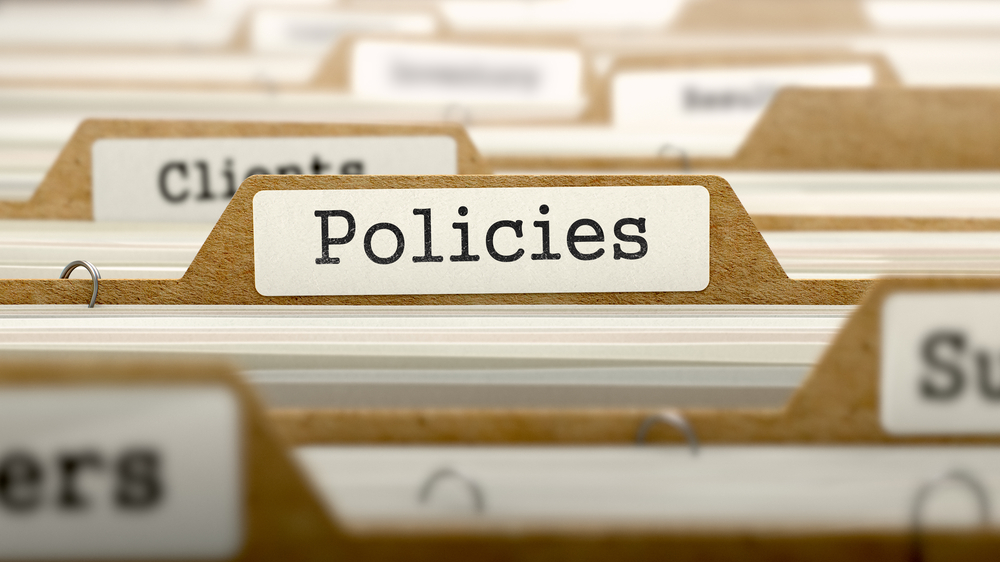Recessions affect every part of life. The cost of goods and services goes up, borrowing money gets more expensive, and businesses suffer. During a recession, you may need to adjust your spending habits to stay financially secure. Read on for tips to mindfully manage your finances during periods of economic uncertainty.
1. Don't panic
The most important thing to do when a recession is looming is to stay calm. Making rash decisions with your money can lead to significant losses. If you're worried about your investments, talk to a financial advisor to get some perspective. Often, recessions don't last as long as people think they will. Ride it out,
and don't make any hasty decisions.
2. Make a budget
If you make a budget and stick to it, it can make you save money during a recession. Take your
time to track your income and expenses to know where your money is going. Then, make sure
you only spend what you can afford.
3. Save up an emergency fund
Another way to save money during a recession is to save up an emergency fund. An
emergency fund will help you cover unexpected expenses if you lose your job or have other
financial setbacks. Your emergency fund should cover at least three months of living expenses.
4. Invest in yourself
IWith a weaker job market, a recession can be a good time to pursue professional development by
returning to school, getting new certifications, or finding alternative sources of income to supplement your 9-5.
5. Build a solid financial plan
Work with a financial advisor to create a comprehensive financial plan, specifically designed just for you. A financial advisor will help you get enough insurance to protect against unforeseen circumstances. They can also offer expert insights into how and where to invest your assets to make sure you aren't taking any unnecessary risks.
Conclusion
The best way to protect yourself and your family during uncertain times is to work with a financial advisor. Use our one-of-a-kind Find an Advisor tool to get started today!









